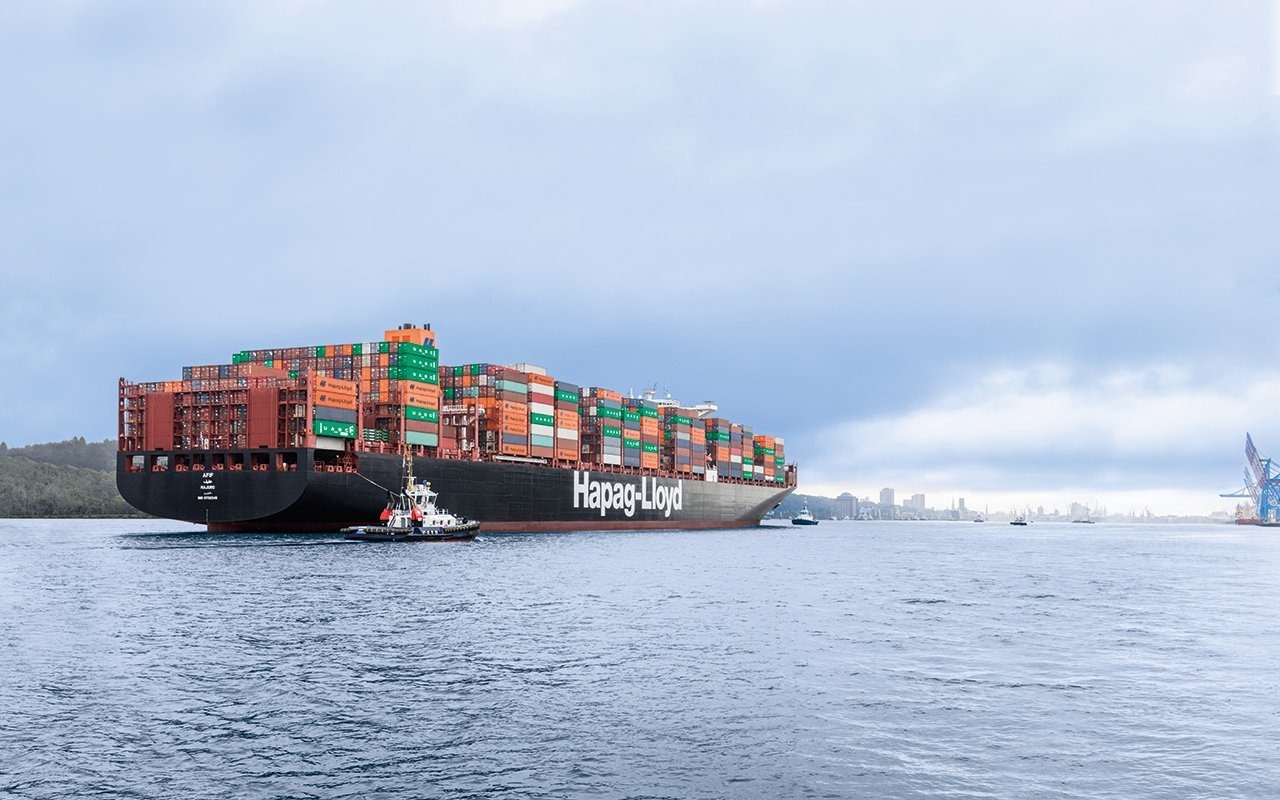
The Spanish authorities have launched a review process of port governance. This involves remedying the limitations of the current system and adapting to the changes observed on an international scale, which directly impact Spanish port activity.
In terms of ports, Spain occupies a unique place in Europe. The country has the largest seaboard in Europe with 8,000 kilometres of coastline, if we include the Balearic and Canary archipelagos. This peninsular territory is based, as in France, on two seaboards, the Atlantic and the Mediterranean, hence a high number of commercial ports, known as "ports of general interest": there are 46 in total, grouped into 28 port authorities. Spain does not have overseas ports like France does but is differentiated from other European countries by the presence of ports in two archipelagos (the Balearic Islands and the Canaries) and in the two Spanish enclaves in North Africa, Ceuta and Melilla, bordering Morocco. The large number of commercial ports goes hand in hand with their heterogeneity, both in terms of size and types of traffic.
The Spanish port system is based on the land-owner port model. The port authority (PA) focuses on sovereign public service missions, such as security, safety or the environment, while the various services (handling, consignment, mooring, towing, pilotage, etc.) are entrusted to the private sector. This organisation has led to a doubling of traffic over the last twenty years. Spain has also risen to second place in Europe for container traffic.
The limits of the current governance model
However, the Spanish model of port governance is beginning to show its limitations, under the influence of several factors:
- The strengthening of the influence of large international shipping companies
- The emergence of new constraints for port authorities in terms of investments.
- The emergence of the “corridors” phenomenon.
The main Spanish ports are now calling for a reform of port governance. In particular, they expect:
- Regulatory flexibility and greater managerial autonomy
- A differentiated regime for the major ports
- A reform of port fees
- An increased presence of the private sector in the Board of Directors of the port authorities
Paths for a reform of port governance
In October 2018, well before the outbreak of the Covid-19 pandemic, Puertos del Estado had launched the process of developing the new strategic plan for the Spanish port system based on consultation with the 28 port authorities. The final document, the “Strategic Framework for the Port System of General Interest” for 2030, was approved by the Ministry of Transport in October 2022.
Instead of presenting a concrete proposal for the revision of port governance, which would have served as a basis for discussion, Puertos del Estado preferred to establish the broad outlines of a possible reform and "launch the debate", in an approach based on consultation with the 28 port authorities.The "courses of action" are vague enough to allow the emergence of several solutions.
The Strategic Framework advocates for increased management autonomy for the port authorities, without specifying what the modification would consist of, which is in line with the demands of the major ports, but does not mention a specific regime for them. Puertos del Estado wants to maintain a "national port system" where ports of different sizes and traffic coexist. Similarly, the document considers that "administrative controls should be eliminated or simplified" without giving further details. It does not take a position on the authorisation of the Council of Ministers for investments greater than or equal to 12 million euros.
The public body is also taking the opportunity to put on the table an idea that has been close to its heart for a long time: interport cooperation. At the headquarters of Puertos del Estado, they have been closely following recent experiences abroad, including the consolidation of Haropa in France and the Antwerp-Zeebrugge merger. An in-depth comparative study with the situation in other ports around the world is currently underway. It should be finalised in the 2nd half of 2025.
To find out more, download the white paper on the project to reform port governance in Spain
Daniel Solano
Business journalist
Our latest articles
-
Subscriber 3 min 24/02/2026Lire l'article -
Hapag-Lloyd - Zim: a shipping deal with geostrategic implications
Lire l'article -
European road freight: the spot market is stalling
Lire l'article


